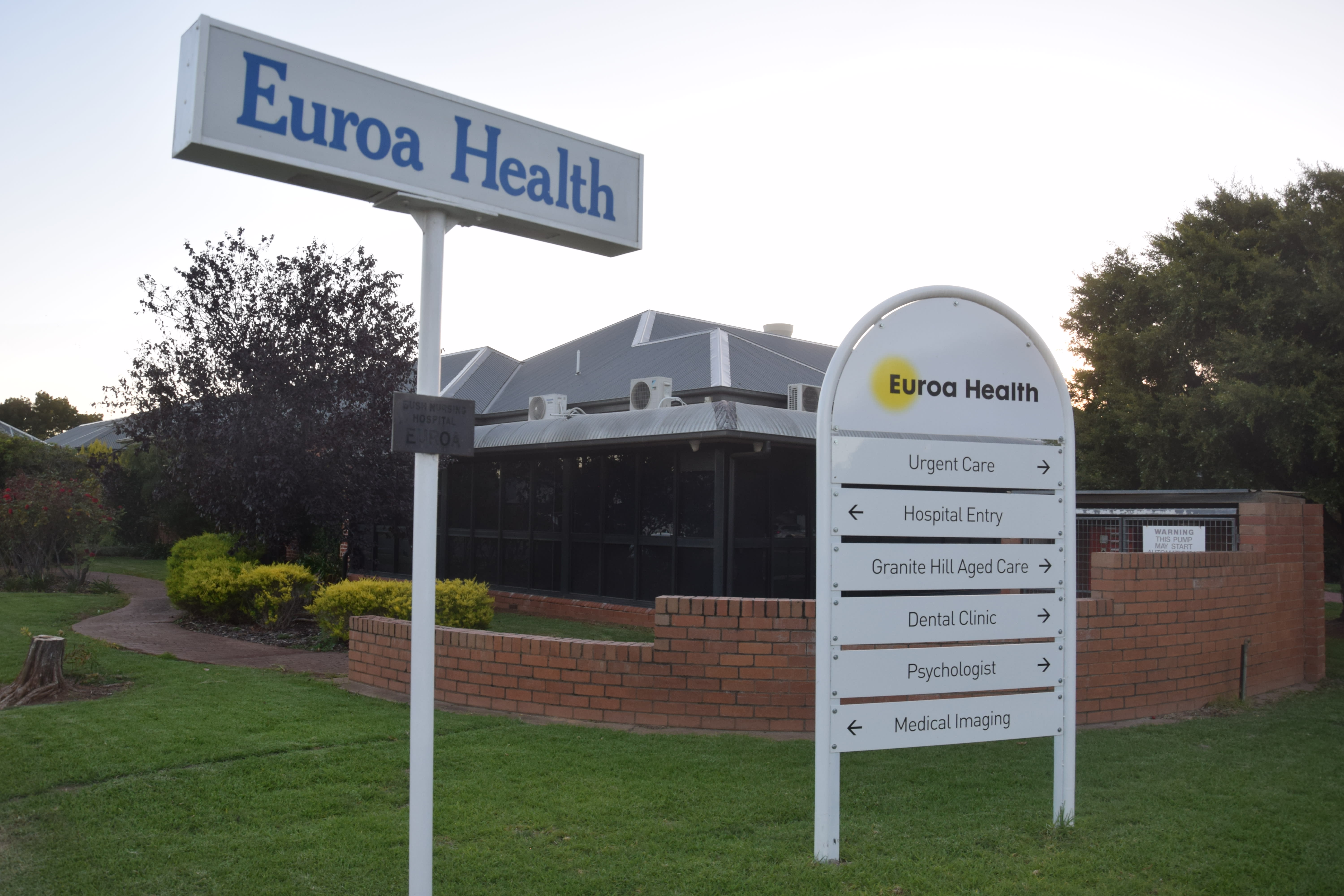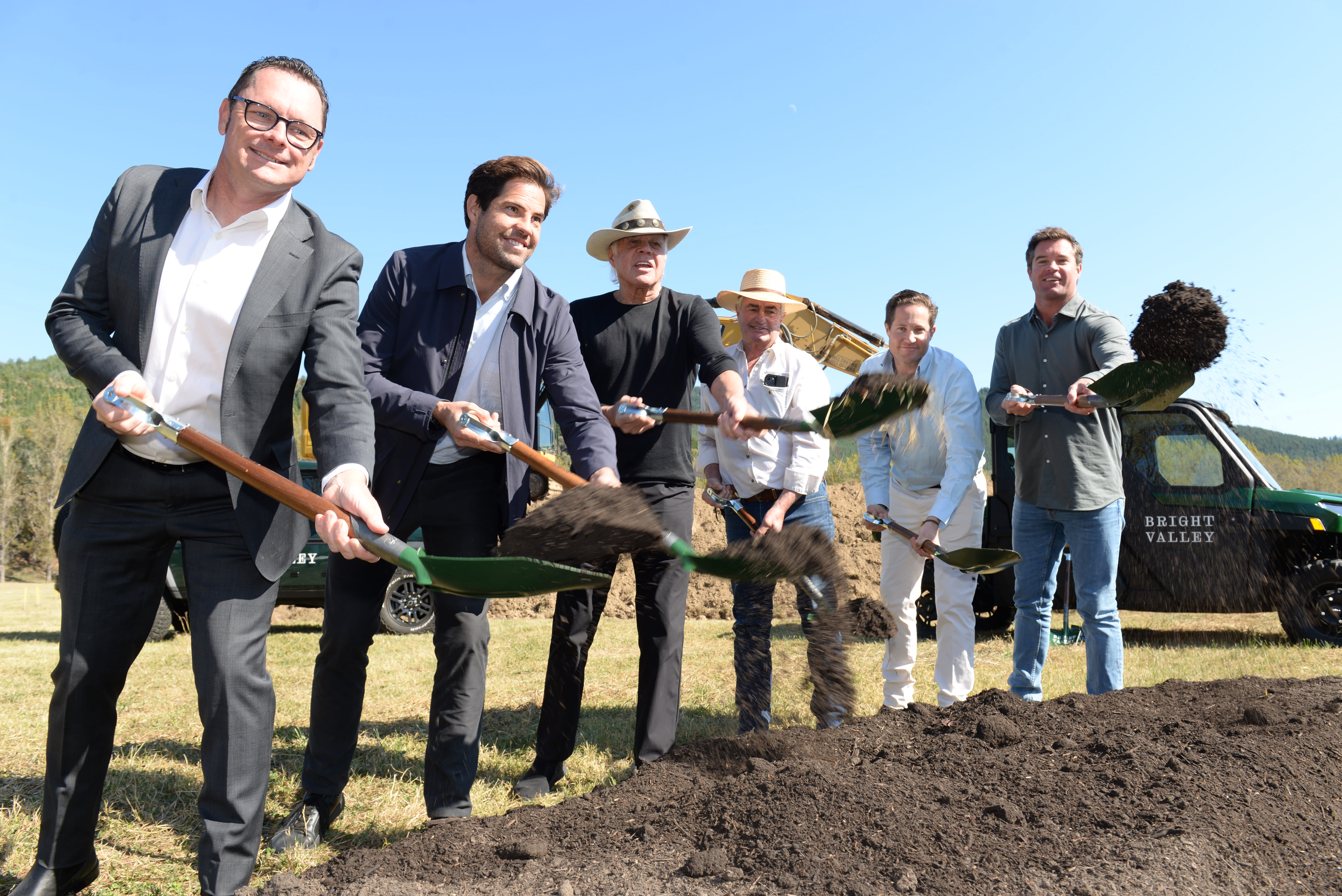SENTIMENT has continued to decline among Victorian farmers, according to Rabobank's latest quarterly rural confidence survey, with beef farmers particularly concerned by softer commodity prices.
Beef sector confidence in the state has been impacted by soft commodity prices seen during this survey, which was completed last month.
According to the survey completed in November, 51 per cent of Victorian beef producers are expecting agricultural business conditions to worsen in the coming year (up from 40 per cent in the previous quarter), with a majority citing falling commodity prices as their key concern.
Rabobank regional manager for Southern Victoria and Tasmania, Deborah Maskell-Davies, said Victorian beef producers are hoping that they have passed the bottom of the market, with cattle prices finding a floor in October and rising again since November.
“The November rain across northern NSW and Queensland has had the knock-on impact of seeing Victorian saleyard restocker steer prices jump 36 per cent since the beginning of October,” she said.
Latest Stories
“Hopefully the confidence returns to the market to help it stay there or go higher.”
Mudgegonga cattle farmer Loretta Carroll said she has seen first-hand the drop in cattle prices this year.
She received over $6 per kilo for weaner steers in 2021, but in 2022 she saw a $600 dollar drop for same-aged calves, and a similar drop in December 2023 - and that was after a recent lift in prices.
“There were times throughout the year where cattle at the yards could not even fetch a bid and many saw a 50 per cent decline,” she said.
Ms Carroll suggested the fall in prices may have been partially caused by Meat and Livestock Australia reporting early this year that Australian cattle numbers were expected to grow to 28.8 million head, a number she believes was erroneous, and cited a livestock analyst.
Wangaratta-based meat and livestock industry analyst Simon Quilty was reported in a February Beef Central article saying MLA’s herd estimate was close to three million too high.
“Over-inflated figures send the wrong market signals globally and lead to poor decisions on-farm and off-farm by those who believe them,” Mr Quilty reportedly said.
Ms Carroll also said cattle producers had been excessively cautious in responding to fears of an El Nino climate pattern.
“This prompted many cattle producers to hold off from buying both cattle and sheep and it appeared to have served as a catalyst in reducing the dollar value in all markets, including the prime cattle markets,” she said.
However, Ms Carroll said the recent increase in cattle prices was a cause for optimism.
“It's improved in this last month, prices have come up fairly dramatically, sort of 30 cents and 40 cents a week,” she said.















